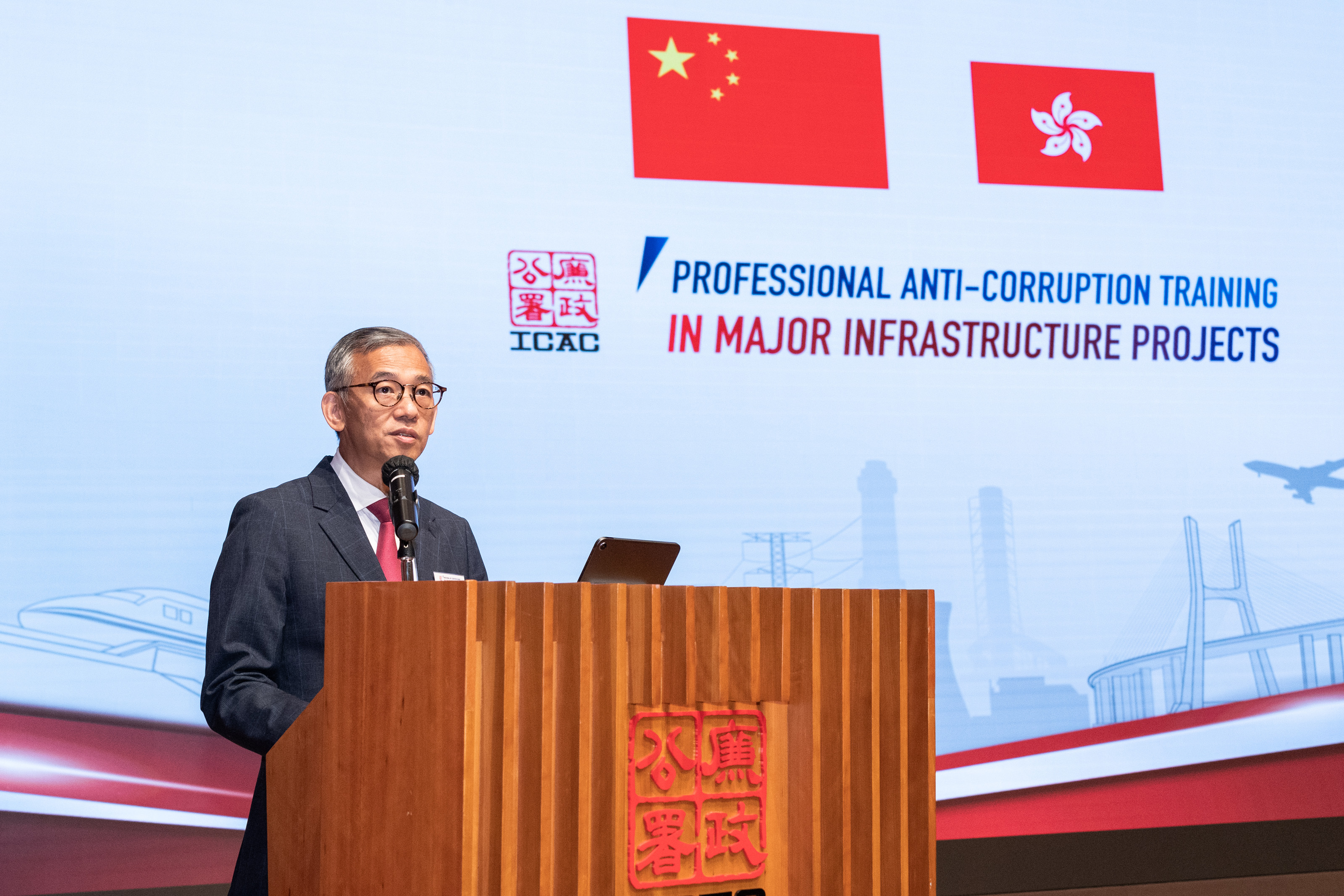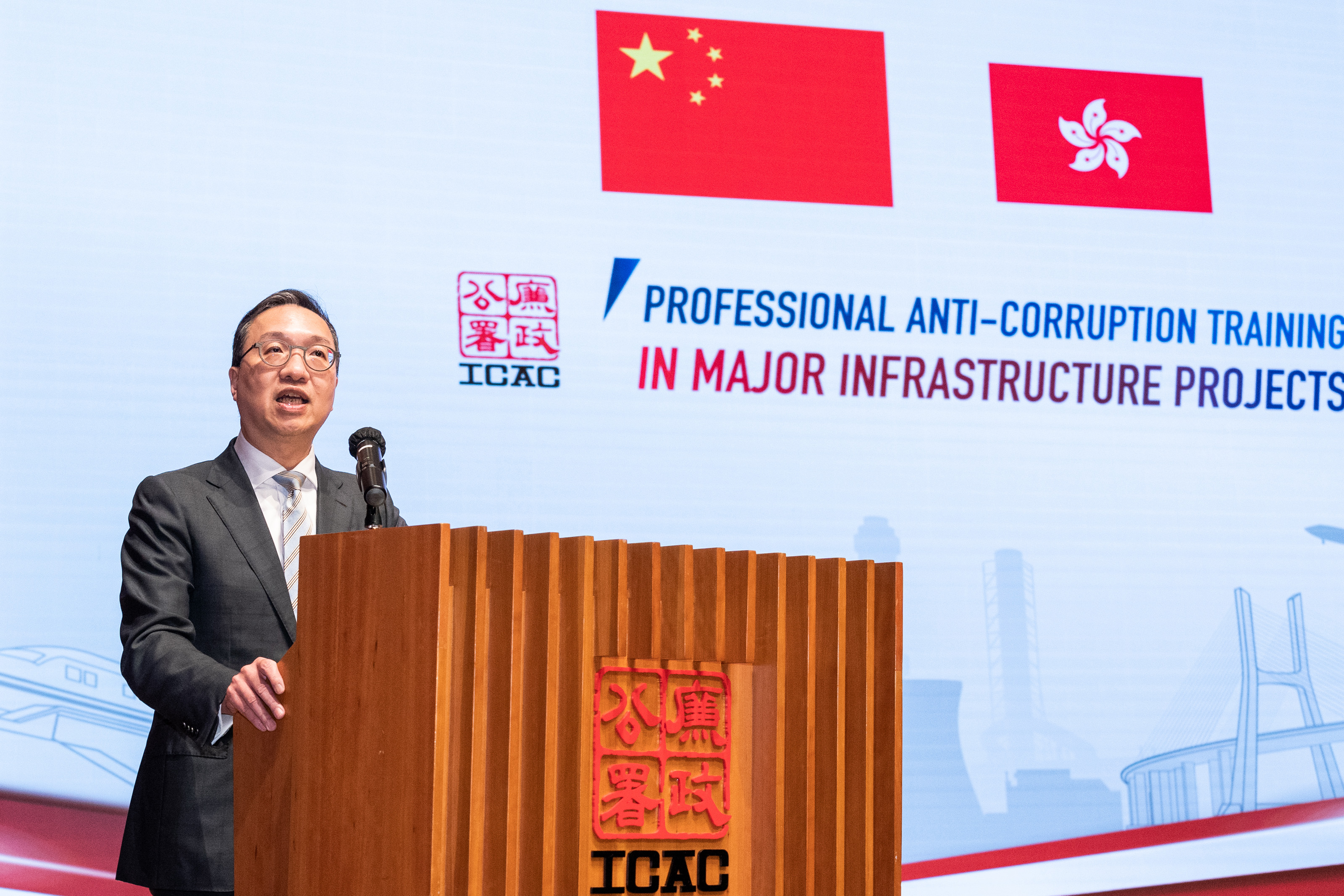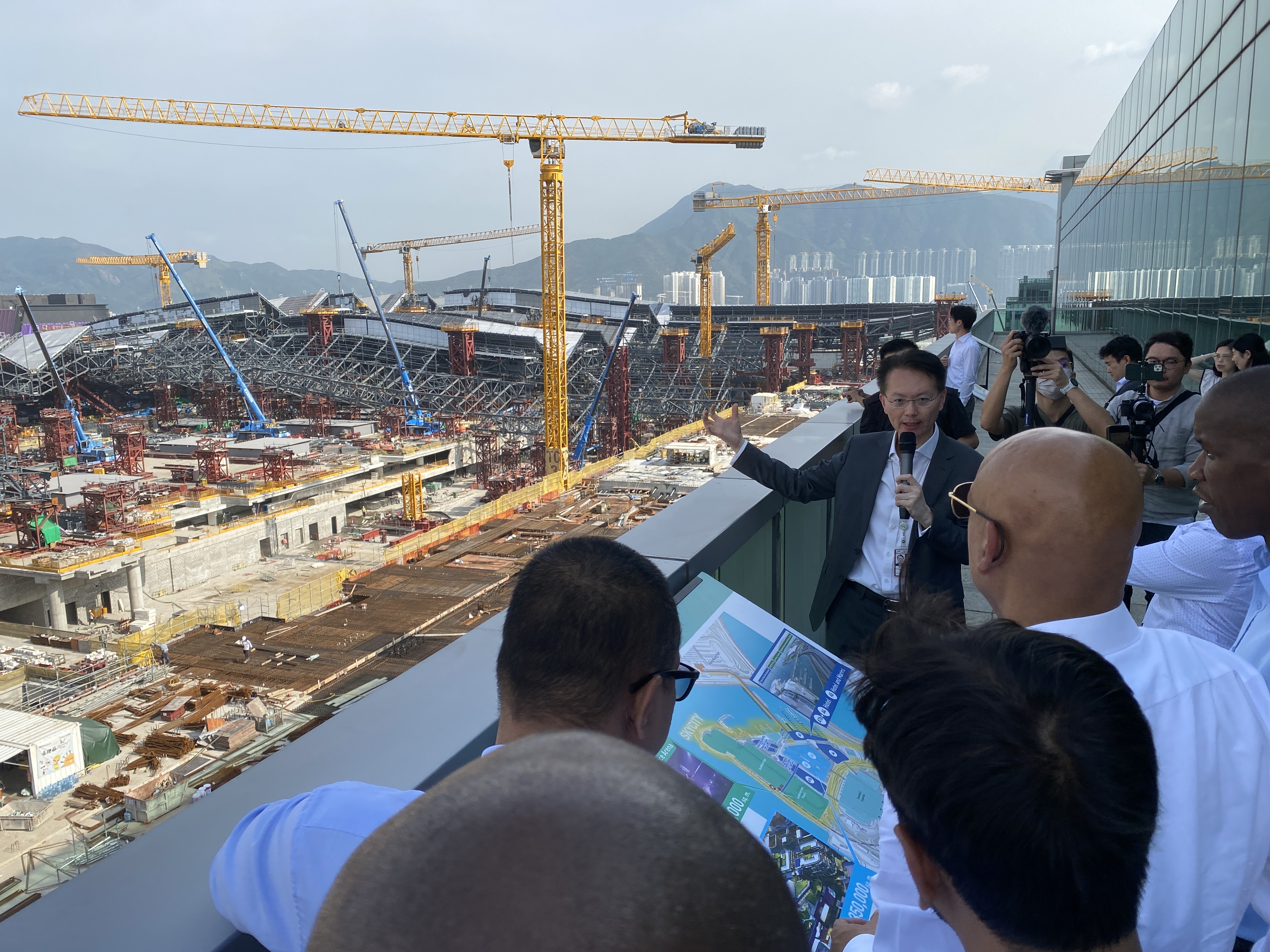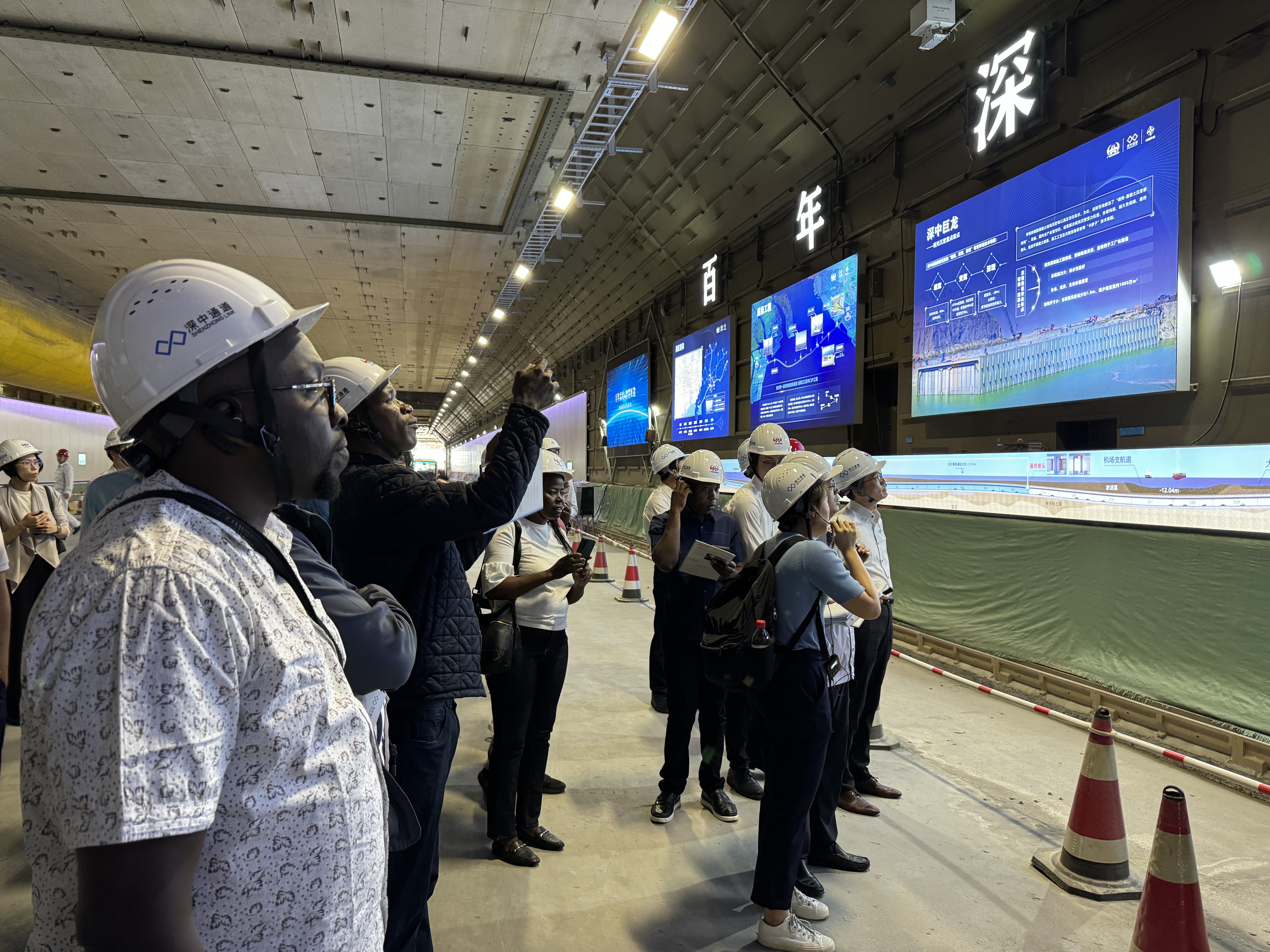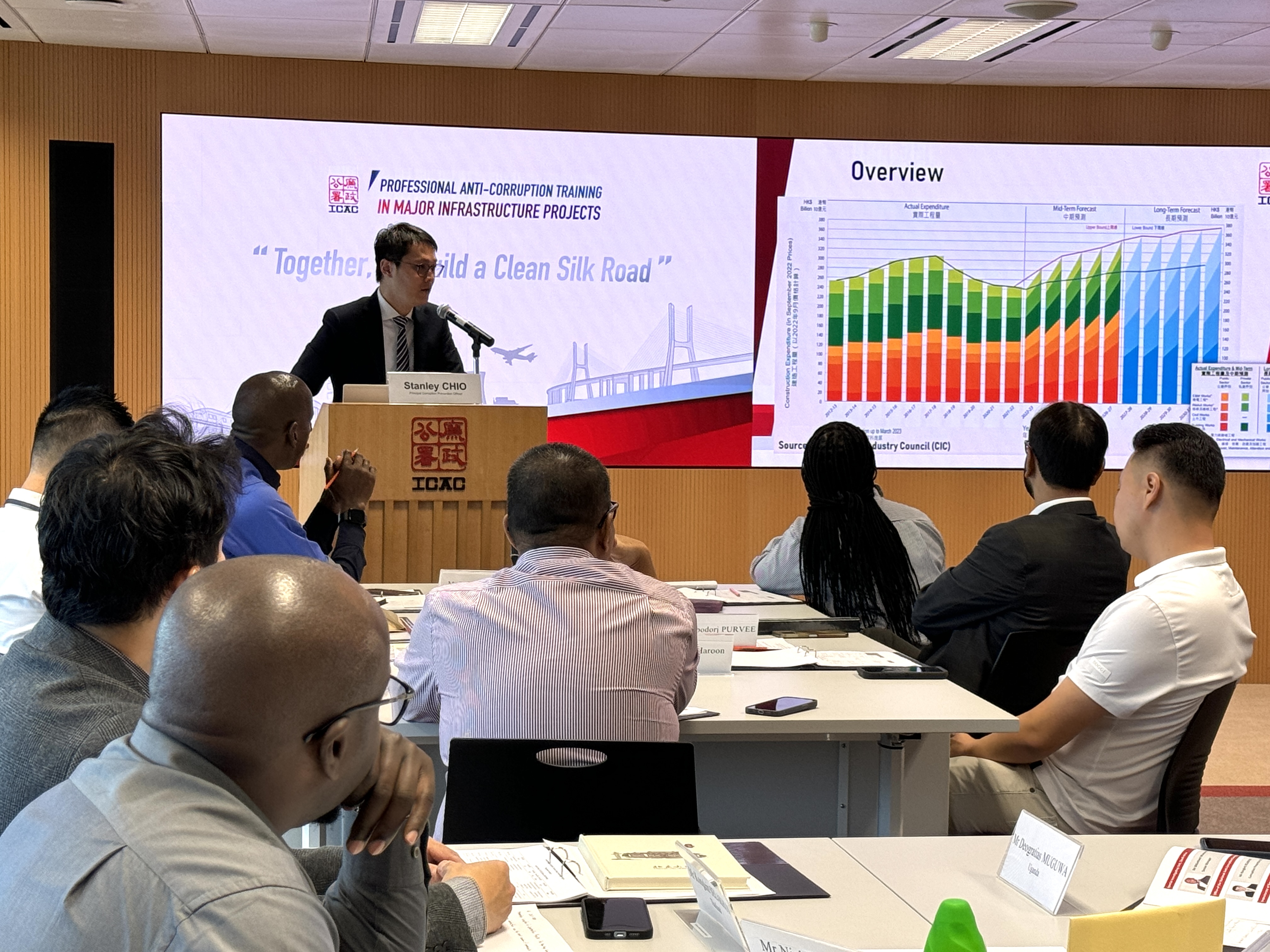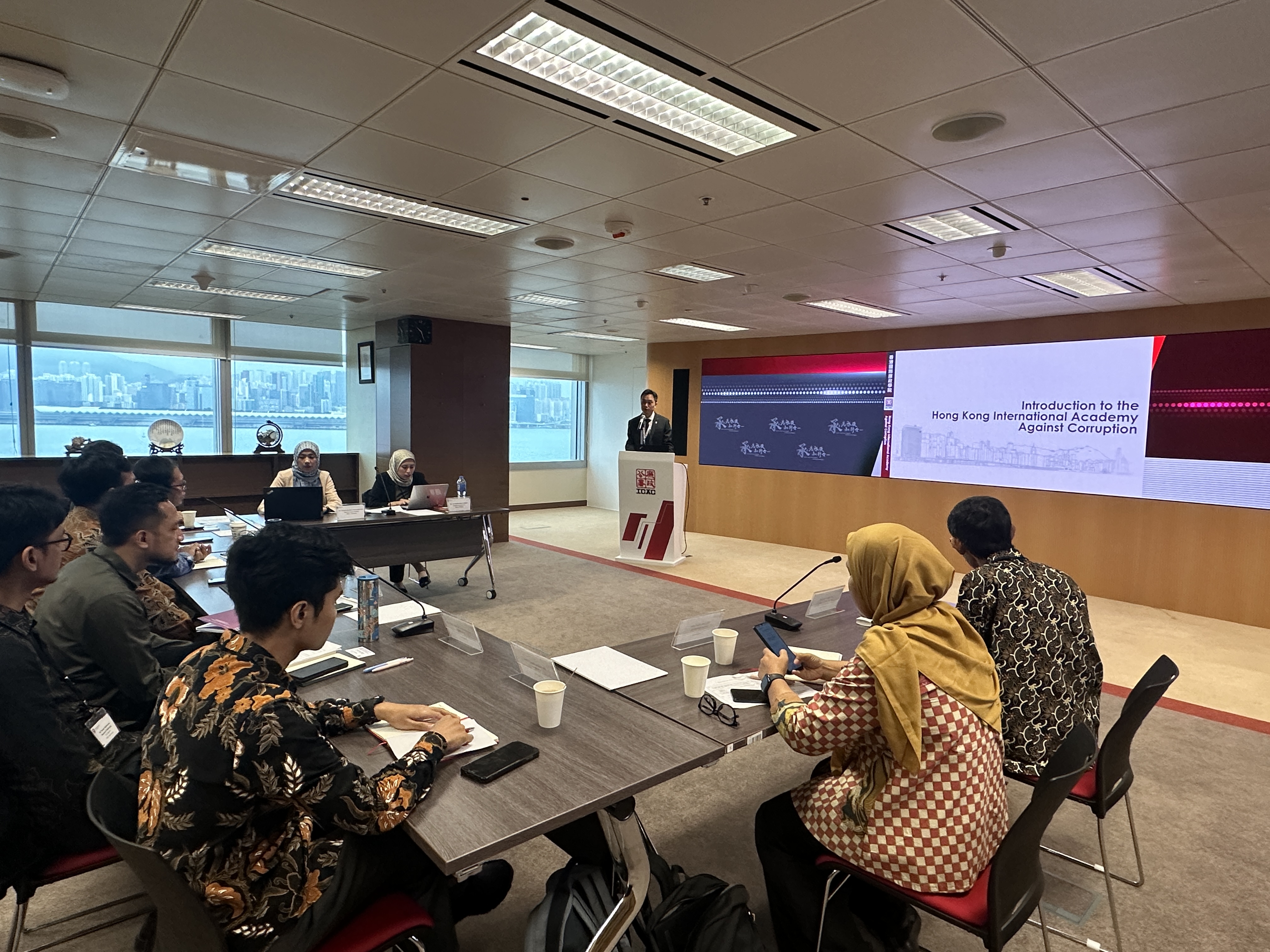ICAC hosts first major infrastructure anti-graft training for Belt and Road countries to co-build ‘Clean Silk Road’
2023-10-11
To tie in with the latest development of country’s Belt and Road Initiative (The Initiative), the ICAC hosted the first Professional Anti-corruption Training in Major Infrastructure Projects for Belt and Road (B&R) countries, set to enhance the anti-graft capabilities of participating countries through experience sharing.
Speaking at the closing ceremony today (October 11), ICAC Commissioner Woo Ying-ming noted that this year marked the 10th Anniversary of The Initiative. The ICAC had been actively supporting The Initiative and contributing to building a “Clean Silk Road” by providing capacity-building training for countries along the route and sharing with them Hong Kong’s experience in combating and preventing corruption.
‘As the country’s landmark development strategy, the Belt and Road Initiative, participated by over 150 countries, places a strong emphasis on preventing major infrastructure projects from being tarnished by corruption. It also calls for the concerted efforts of participating countries in building a “Clean Silk Road”. We hope that through this course, we can share with our overseas counterparts how corruption prevention measures were effectively implemented in infrastructure projects in Hong Kong and the mainland of China, thereby providing impetus to strengthen our capacity in preventing corruption,’ said Mr Woo.
Mr Woo also remarked that the course had achieved three targets: addressing the specific training needs of participating anti-corruption agencies (ACAs); providing a platform for participants to share their unique graft-fighting experience; and fostering the network among course members in order to establish and strengthen anti-corruption collaboration.
The Secretary for Justice, Mr Paul Lam, SC, who is also Chairperson of the Working Group on Belt and Road Development under the Steering Group on Integration into National Development of the Hong Kong Government, officiating at today’s closing ceremony noted that infrastructure projects invariably involved large sums of money, fierce competition and multiple levels of sub-contracting. These features would render the execution of such projects particularly susceptible to corruption, both in the public and private sectors.
“Without doubt, corruption undermines social fairness and justice, hinders economic cooperation and development and affects government credibility and the rule of law. It may also lead to the failure of important infrastructure projects. Hence, it is vitally important to enhance the abilities to combat corruption in major infrastructure projects,” he added.
Mr Lam also noted that international cooperation was critical to the fight against corruption, in particular, in the context of The Initiative as zero tolerance for corruption promotes steady and high-quality growth.
The ICAC’s professional course was attended by representatives of ACAs from 13 B&R countries, including Botswana, Brunei Darussalam, Kenya, Malaysia, Maldives, Mali, Mongolia, Nigeria, Pakistan, South Africa, Thailand, Uganda and Zimbabwe. Officers of Macao Commission Against Corruption also attended the course. The Consuls General and senior representatives of the participating countries were also invited to attend today’s closing ceremony.
The seven-day training focused on preventive measures to effectively minimise corruption risks, strengthening project supervision and improving anti-corruption capabilities in mega infrastructure projects. Participants also paid visits to various sites, including the on-going large-scale infrastructure development at the Hong Kong International Airport, where they could learn first-hand relevant preventive and control measures for works projects, as well as the ICAC’s two-pronged strategy combining early intervention and prevention.
In addition, with the support of the National Commission of Supervision (NCS), arrangements were made for participants to visit cities in the Guangdong-Hong Kong-Macao Greater Bay Area, including Guangzhou, Zhongshan and Zhuhai. They toured local infrastructure projects such as the Shenzhen-Zhongshan Link Management Center, Hong Kong-Zhuhai-Macao Bridge and the Guangzhou Nansha New District. Exchanges with representatives of local anti-corruption units also deepened their understanding of the country’s anti-corruption measures and its determination to fight corruption in mega infrastructure projects.
Participants also visited the Construction Industry Council (CIC)’s Construction Industry Innovation and Technology Application Center at the “Zero Carbon Park” in Kowloon Bay to learn about the effective implementation of anti-graft measures and improved supervision quality in infrastructure projects with the help of digital technology.
The course also featured briefings by frontline ICAC investigators on the common modus operandi of corruption cases in Hong Kong’s construction industry and in-depth analysis of case scenario adapted from ICAC investigations in recent years. Meanwhile, officers from the Corruption Prevention Department shared with participants some common corruption risks in the local construction industry as well as the latest practice in works supervision. In addition, officers from the Community Relations Department shared the important role of managerial staff in fortifying a probity culture in construction projects.
The ICAC training course was supported by NCS, the Development Bureau, the Airport Authority Hong Kong and CIC, all of which are working in concert with the Commission to enhance the anti-corruption capabilities of B&R countries. Mr Adrian Cheung Lik-hang, Assistant Secretary (Works Policies) of Development Bureau, also shared his insight in upholding integrity of public works projects from the policy and execution level.
